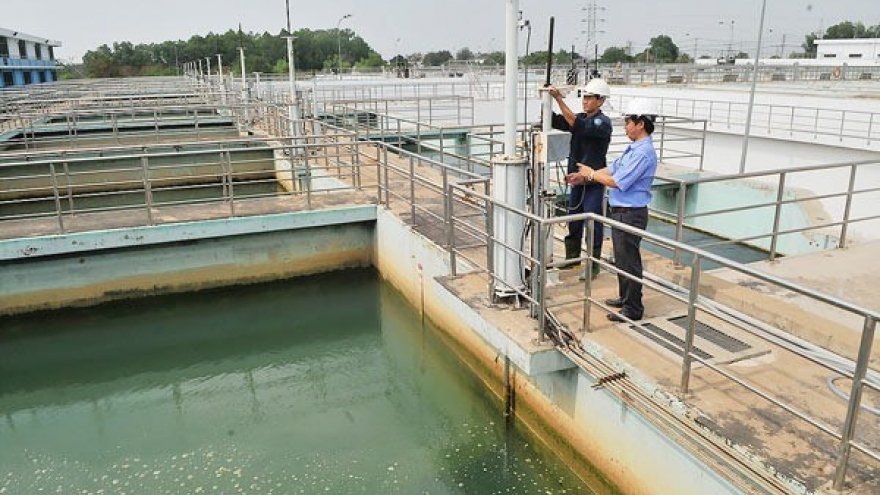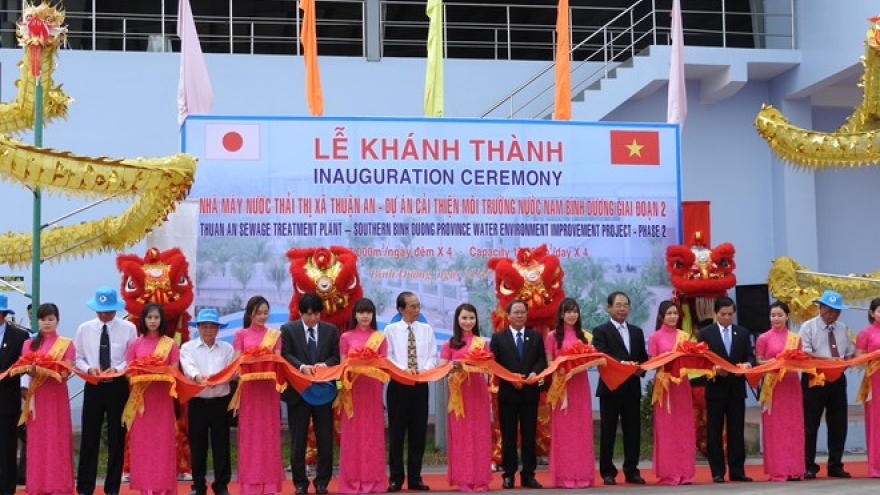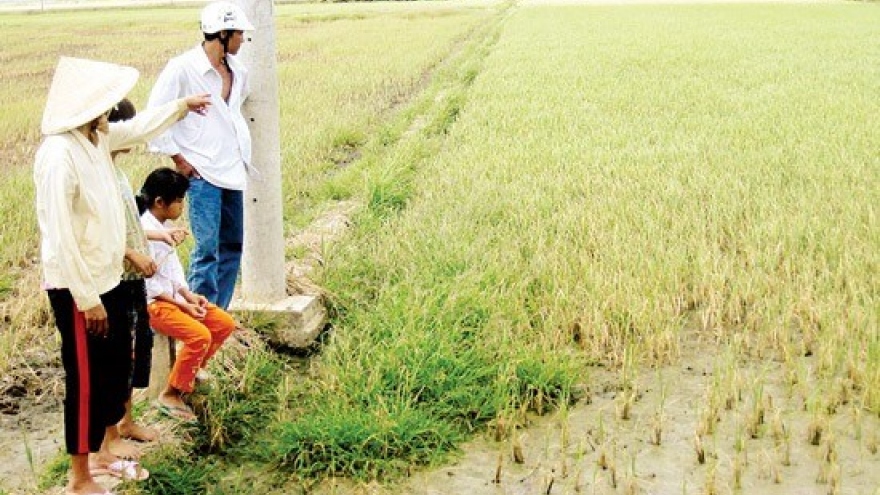Public funds vital for clean water
Difficulties in calling for foreign help make it difficult for residents in rural and isolated areas to enjoy filtered and clean water, experts have said.
 |
It is essential to attract investment from enterprises to increase the number of clean water supply constructions for these areas, he said at a conference on developing plans for clean water supply for rural areas on May 5.
At the conference, Do Tien Thanh, director of the water resource management department under the Water Resource Directorate, said it is a national target to provide filtered water for 95 percent of the population and clean water for 55 percent by 2020.
Thanh stressed the importance of support from the government’s budget and capital from society, as well as funds from international organisations to reaching the target. He requested commercial banks to offer preferential loan interest rates to private enterprises.
In addition, it is important to improve the water supply system with environmentally-friendly technologies such as combining renewable energies with electricity, as well as to increase usage of automatic water quality operation and control applications, he added.
Water quality should be examined regularly, and smaller water supply stations should be developed for new urban areas, he said.
Climate change is threatening water resources from upstream and preventing residents in rural areas from accessing the resources during natural disasters, requiring a new approach to clean water supply for these areas, said Deputy Minister of Agriculture and Rural Development Hoang Van Thang.
Water pollution is getting worse in mountainous areas and Central Highlands due to poor water resource management, which requires detailed analysis and solutions, he said.
Filtered water has been provided to some 87.5 percent of the population last year, of which 49 percent has enjoyed water that qualified for the national technical standards for domestic water, regulated by the Ministry of Health.
Up to 100 percent of citizens in Da Nang city, HCM City, Dong Nai and Ba Ria-Vung Tau provinces have enjoyed filtered water.



